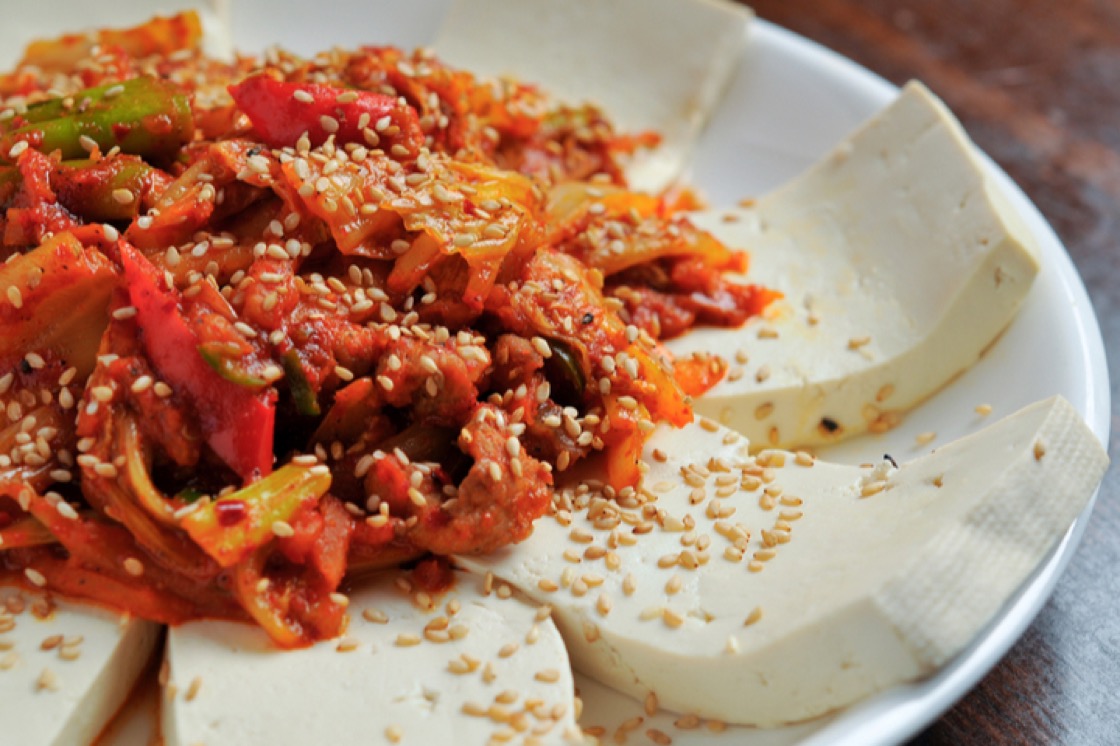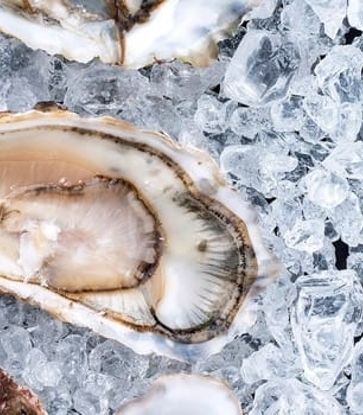For awhile, it was olive oil. Scientists, puzzled by the long lifespans of the Mediterraneans, singled it out as a key ingredient for the elixir of life.
Then there was Japan, whose lengthy spell at the top of global longevity rankings was attributed to its citizens’ low-fat diet and love of raw fish.
Now, with recent studies conducted by the Imperial College of London showing that the South Koreans are set to live longer than anyone else by the year 2030. The question arises: is there something in the kimchi?

So what exactly is kimchi?
There are over 180 varieties of kimchi; the most popular and the one we're most familiar with is known as baechu-kimchi. It is a quintessential side dish in Korean cuisine, made with salted, seasoned and fermented napa cabbage.
What makes it healthy?
The fermentation process. Fermentation dates back thousands of years, but it is now being held up as a potentially important source of friendly, gut-healthy bacteria.

The good fight
We've been taught for a long time that bacteria isn't a good thing. But the bacteria that comes from fermented foods is no enemy—in fact, it is the hero aiding our digestion.
First, napa cabbage is soaked in salt water to kill off any harmful bacteria. And then, the remaining bacteria called lactobacillus—the beneficial bacteria found in yogurt and in a healthy gut—converts the sugars and carbohydrates into lactic acid, which preserves the vegetables and gives kimchi its signature tang.
The verdict
The result is a dish rich in vitamins A and B and minerals like calcium and iron, on top of its gut-healthy bacteria. It is said that the average Korean adult consumes at least one serving (3.5 ounces) of kimchi a day, which immediately puts them over 50% of the daily recommended intake of vitamin C and carotene.
Additionally, most types of kimchi contain onions, garlic, ginger, and chili peppers; ingredients that are salutary. Thus, researchers believe that the benefits are multifold—from toting cancer-fighting properties and lowering cholesterol to improving mental health and skin.















